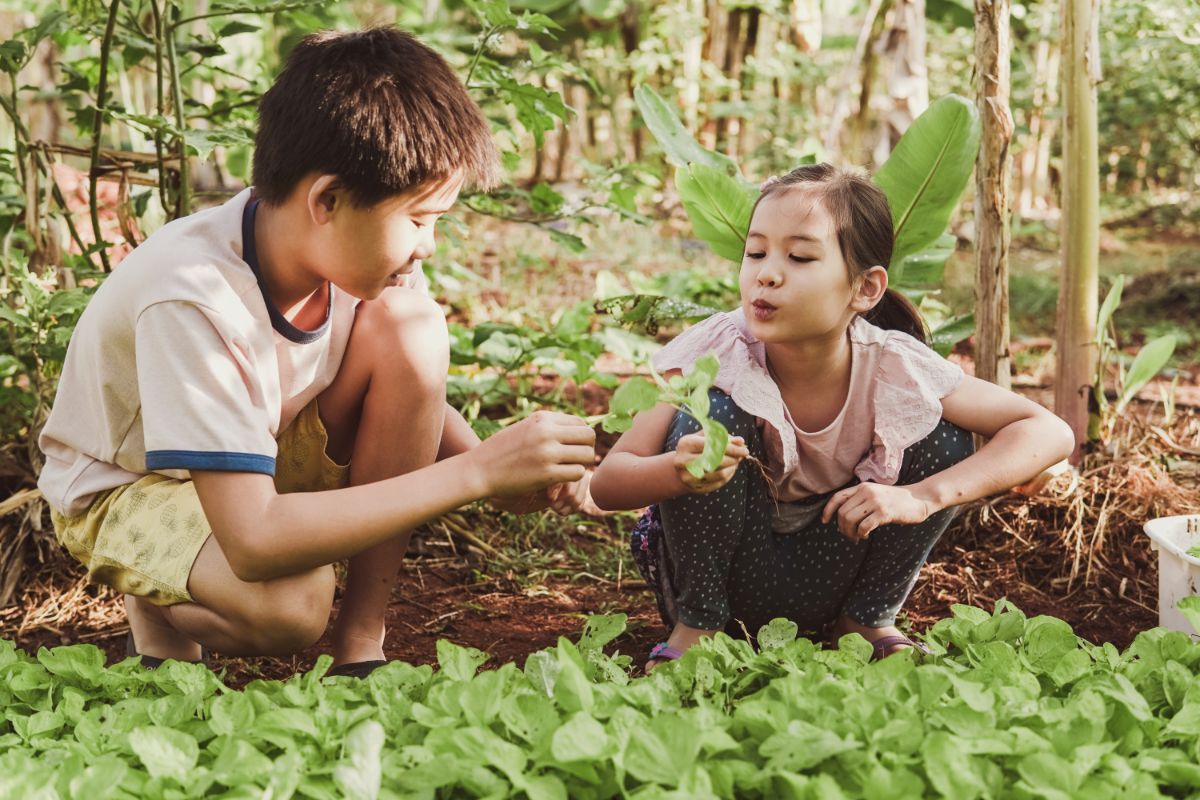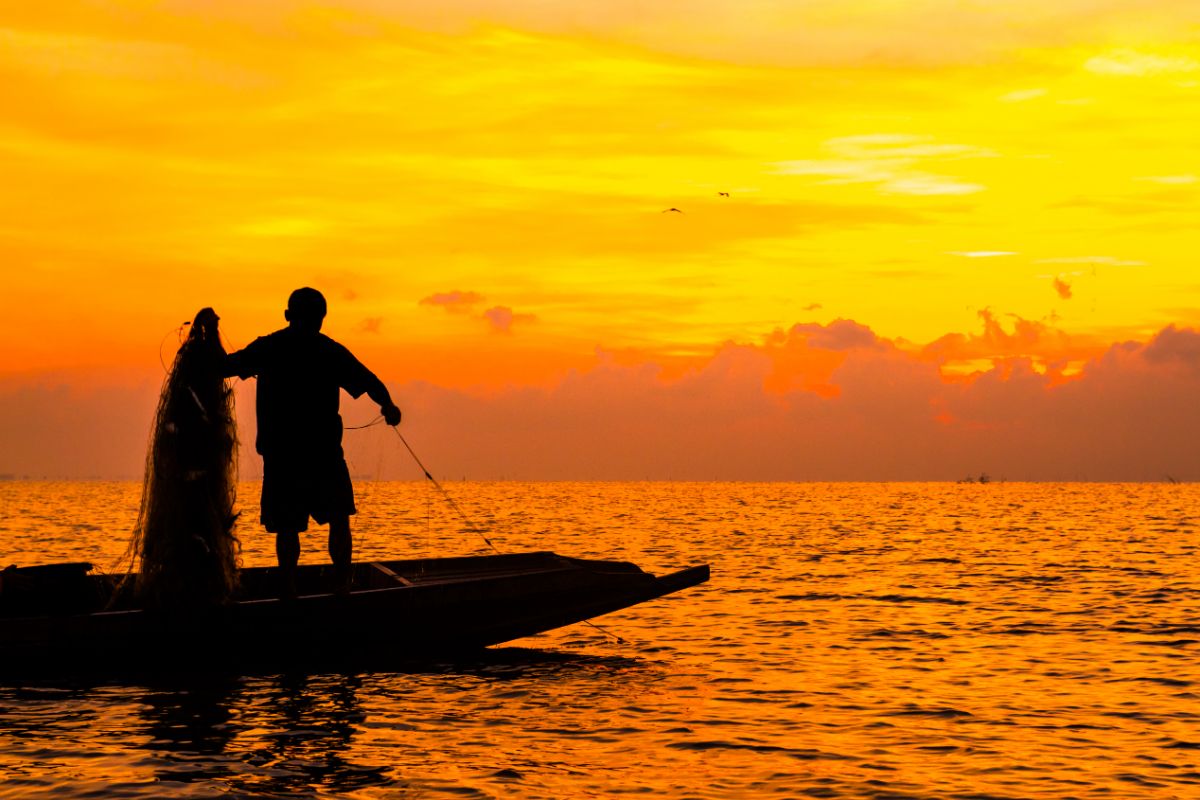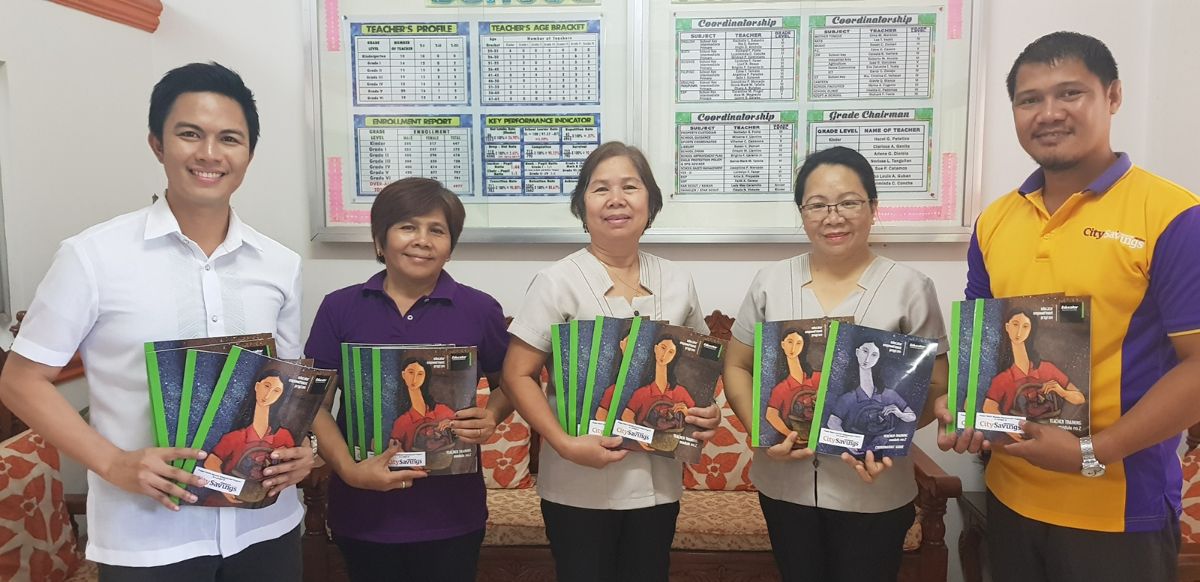
The world is developing at an unprecedented scale. It’s projected that, over the next few decades, the urban population in emergent nations will double, while urbanized land area will triple. While rapid growth comes with new opportunities, it also brings about serious social, economic, and environmental challenges.
We see it today — over a billion people worldwide live in urban slums, and over two billion are disproportionately affected by natural disasters and conflicts.
In our country, this disparity is felt deeply by the most vulnerable members of society. Sustainable community development projects help address these challenges as they are crucial in eliminating poverty and boosting shared prosperity.

A sustainable community is defined as one that uses its resources to meet current needs while ensuring that adequate resources are still available to sustain future generations.
It is not a one-size-fits-all concept — activities that promote a community’s self-sufficiency and sustainability will differ from one area to another. Rather than being a fixed thing, a sustainable community can continuously adjust and adapt to meet its residents’ social and economic needs while preserving the environment.
To meet this goal, the community must undergo economic and social transformation to improve infrastructure, knowledge-based services, environmental technologies, management and use of natural resources, and other relevant sectors to community growth. This creates a living system in which human, natural and economic elements are interdependent and draw strength from each other.
Through this system, residents can maintain the environment’s ability to function over time by minimizing waste, preventing pollution, promoting efficiency, and developing local resources to revitalize the local economy.
Sustainable community projects are especially important in economically developing countries such as the Philippines where over 75% of the population lives in rural areas. These communities experience multiple social, economic, and environmental deprivations. They are also more exposed to climate change risks while having the least resources to cope with misfortune.
Empowering these communities through projects designed to promote sustainability equips them with the necessary skills and resources to improve themselves. They are also given the choice to develop initiatives based on their community priorities, such as small roads, footbridges, water supplies, school buildings, health clinics, and community enterprise activities.
Sustainable development projects give the poor the right to decide and participate in the development process, and promises accountability and transparency. They also learn how to engage with their local government units (LGU) more effectively, and receive much-needed technical and financial support to address local development priorities.
On a larger scale, these endeavors are crucial to inclusive development and contribute to progress on many dimensions of the United Nations Social Development Goals.
The Aboitiz Group’s commitment to inclusive development and giving back to host communities began over a century ago when the first Aboitiz business opened in Leyte. This legacy of our forefathers has been passed on over generations, and today we work through our social development arm, the Aboitiz Foundation, to look after the welfare of our people and our planet.
As part of our vision to become the neighbor of choice for the Filipino people, we have dedicated our efforts to co-creating safe, resilient, competitive, and sustainable communities.
To do this, our projects for sustainability in the Philippines seek to fulfill four key dimensions for our host communities:

Developing sustainable communities requires planning, implementing, and promoting f sustainability goals that benefit citizens, the community, and the planet. To do this, we focus on three priority areas: education, enterprise development, and the environment.
Education provides the necessary knowledge and skills for people to uplift their lives. . We in Aboitiz implement projects that provide quality education in rural areas.
In partnership with various schools, training institutions, like-minded organizations, and the Department of Education, we are able to execute effective education programs that guide Filipinos to become productive members of the workforce.
While we have many programs and provide school kits to young learners, we make it a point to take every step necessary to achieve quality education. One example of this is Project TEACH, an education empowerment program that helps improve the quality of teaching and learning in our educational institutions.
This project assists teachers in public schools such as recent beneficiary Delfin Jaranilla Elementary School in Dasmariñas, Cavite ) through easy, self-paced lessons on over 100 topics in classroom education. Training sessions are also conducted to build up good studying habits and develop their lifelong learning potential. We believe that this is key to helping teachers instill the same habits in their students.
To date, over 1,600 teachers from the National Capital Region (NCR) and CALABARZON (Region 4A) are currently enrolled in Project TEACH.
In the area of enterprise development, our approach is to provide relevant support to communities and their small business enterprises. We work with them from infrastructure development to financing and marketing to help our host communities roll out their enterprises successfully. We call this strategy One Coop, One Product (OCOP), and use it to manage the vulnerabilities of cooperatives and promote their profitability and sustainability.
To further support our contributions to SDGs, we also have Adopt-a-Branch and Wholesale Fund programs, as well as a partnership with the Center for Agriculture and Rural Technology, a microfinance institution. Through these partnerships, we can provide loans to empower cooperatives and small businesses.
One of our recent efforts in this area is supporting PAMULCO, a cooperative whose livelihood is primarily in broom-making. With our help, this organization has grown from a simple cooperative into a multi-enterprise business with over 596 active members and assets worth millions of pesos.
Part of our assistance in its development was our capability-building training program, which helped strengthen and enhance the management and leadership skills of our partner beneficiaries. The program enabled them to become self-sustaining, and even helped grow their business towards other livelihoods, such as credit loans, dressmaking, retail of food products, and Biyaheng Digiskarte Smart Load.
The Aboitiz Foundation’s Biyaheng Digiskarte is a mentoring program for small to medium Filipino enterprises that encourages and educates entrepreneurs from various sectors, e.g., agriculture, fisheries, and cooperatives, in using digital platforms to boost their earnings.
The Philippines is the world’s third most vulnerable country to climate change — which makes it imperative for us to establish environmental resilience and disaster preparedness in all of our communities.
Our initiatives in the last few years primarily focused on training various barangays and schools on disaster risk reduction and management. These community-based workshops taught them how to identify local risks and hazards, and set up action plans to mitigate possible disasters.
Included in our efforts are our reforestation programs, which promote environmental resilience in many rural areas. One such area is Davao, where AboitizPower subsidiary Therma South, Inc. (TSI), together with the Ramon Aboitiz Foundation, Inc. (RAFI) aims to plant one million trees by 2024.
This is in line with our Carbon Sink Management Program (CSMP), which seeks to establish a carbon sink to improve our environmental stewardship and forest conservation, in partnership with indigenous communities. A carbon sink, a natural environment that absorbs more carbon than it releases, will help mitigate the emissions from our Davao power plants and improve the air quality in the area. As of 2022, we plan to plant another 100,000 seedlings of mixed timber and fruit trees, while maintaining the 400,000 seedlings planted in previous years.
As the world continues to experience rapid urban growth, we must do our part in establishing a strong foundation for the well-being of our current and future generations. This is why the Aboitiz Group invests heavily in current and new sustainable community development projects in the Philippines.
After decades of work, we continue to pursue an inclusive development strategy that encourages meaningful collaborations, resource sharing, and resilience in the neighborhoods we work in. Click here to read about our ongoing efforts in empowered and prosperous communities.